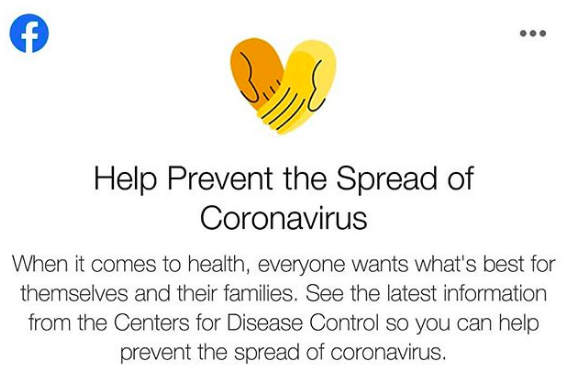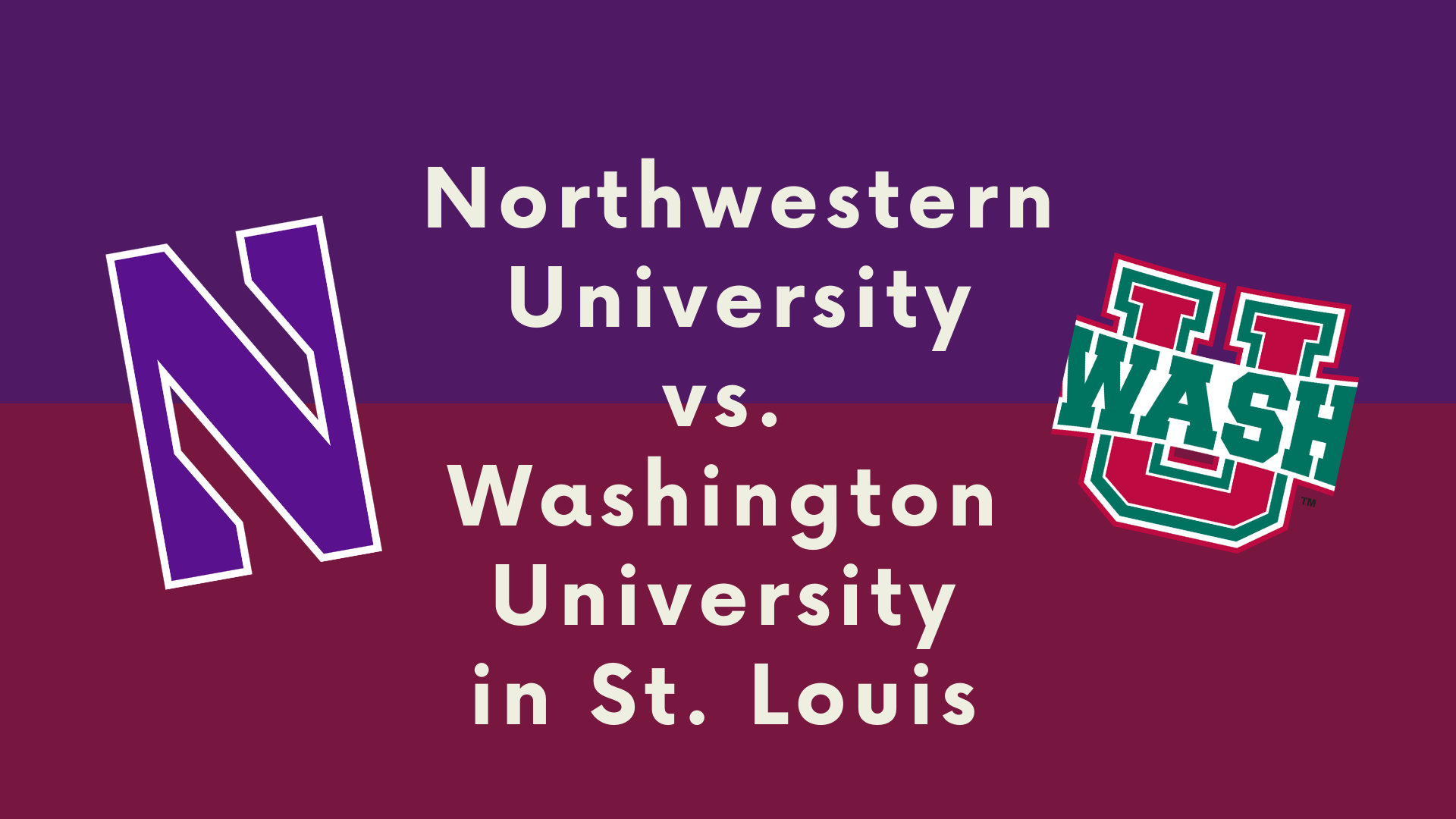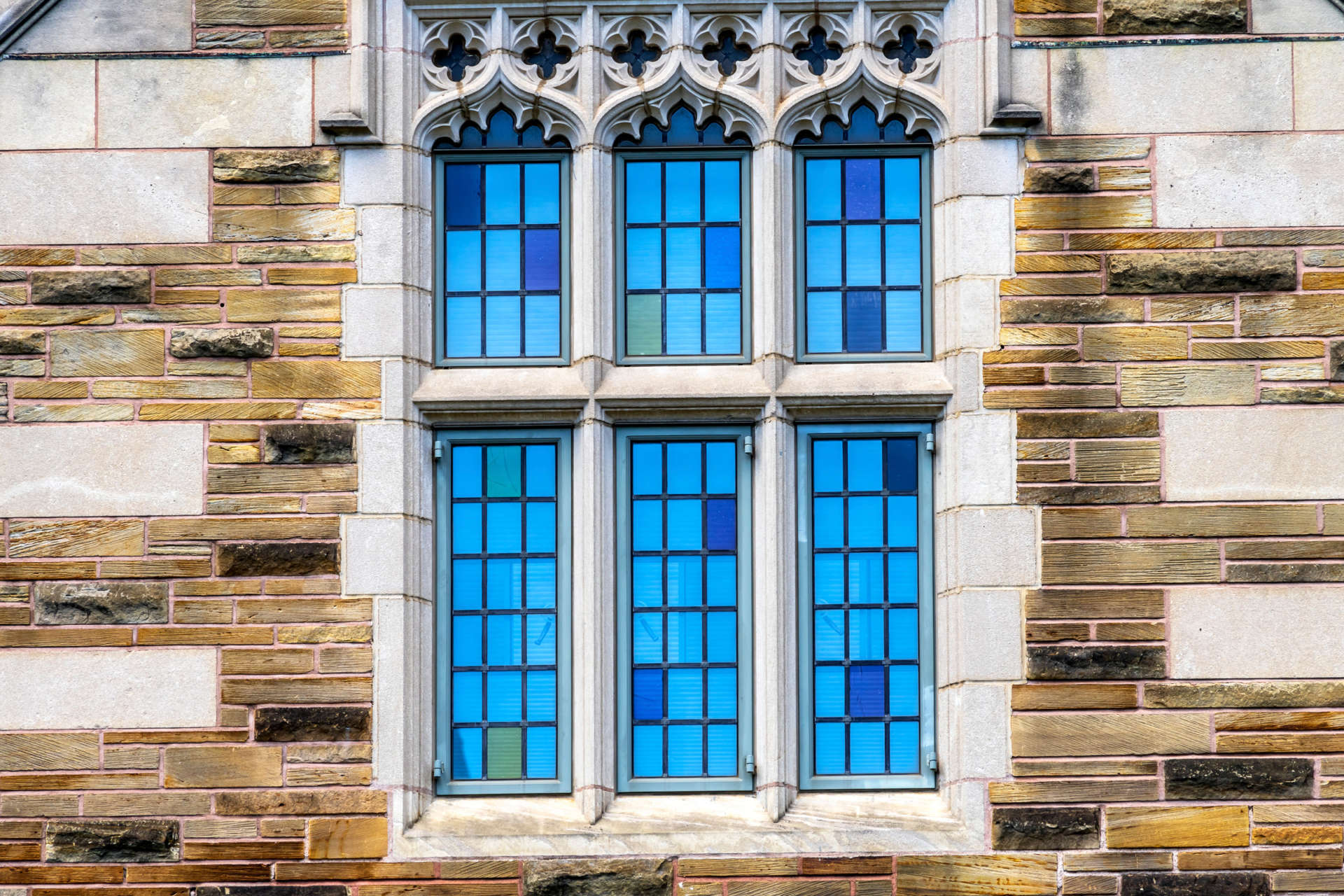It isn’t just the seniors who missed this year’s scholastic rites of passage. Students may be the stars of this show, but there’s something about weak lemonade, folding chairs, and speeches about pursuing your passion faculty and administrators find just as assuring as the honored students. It’s the closest we get to winding down a year and taking a breath before taking up the task of deciding how the coming year could be smoother, better, or more effective. And if ever there was a year when that breath was needed, it was this year.
We didn’t get it. Instead, pundits and parents, who had spent the spring seeing first-hand what educators really do, were banging on academia’s gates, asking about the resumption of “school as usual” in the fall with a keen level of expectation. They may have been saying “Will schools reopen?”, but they meant “Schools had better reopen.” Unaccustomed to making such deep decisions on the fly—and, frankly, a little exhausted from having made two months’ of such decisions on the fly—K-12s and higher ed begged off. Let’s see what the numbers look like, they said, and we’ll have an answer soon.
Wow, did we blow it. One of the best ways to convey confidence in leadership is for leaders to make decisions with some sense of anticipation and planning. Given all the seemingly spontaneous decisions this spring required, how much better off would we be in the eyes of the public if we had used April and May to say what really needed to be said in three key areas:
“We’re going to review our entire application process.” School counselors are exhausted by June, but word that hundreds—that’s right, hundreds—of colleges were not requiring SAT or ACT scores for this year’s juniors created a groundswell of euphoria unknown to the summer months. The arguments for ridding college admissions of these tests are better articulated elsewhere (like here). Now that quarantine had added one more point to the argument—that the students just can’t take them—colleges succumbed to the reality in hordes, leaving counselors hopeful that, as long as they were checking under the hood of their admissions policies, admissions folks would toss out some other policies that deny college access to many students who need it most.
That bigger review doesn’t seem to be appearing. In his typical fashion, Lawrence U dean Ken Anselment was the first to suggest in a Tweet that colleges should use this opportunity to clean up the entire admissions process, instead of taking an approach centered on the question, “So, how do we make admissions decisions without test scores?” If anyone can make major revisions to their application in two months, it’s Ken and the Lawrence crew. It would have been better if, as a profession, all colleges had committed to this in April, creating more time and space to ask the bigger, better questions.
“We’re going online, and it’s going to be great.” Colleges also tried to buy some time this spring when they were asked how instruction was going to occur. As a group, they intuitively demurred, sure that any answer involving pure online courses would turn off students looking for a “full college experience,” sending them into the arms of community colleges, and leading many small private liberal arts four-years with weak decades-long financial struggles to close.
These same considerations are evident in the early announcements some colleges have made about Fall classes. Hoping that reduced sizes of in-person classes and cancelled Fall breaks will contain the health risks, these colleges are ignoring the realities of some of their own football teams, where summer scrimmages are leaving up to twenty-five percent of the team COVID active, and at least one re-opened bar in a college town, where a quarter of all patrons are now on self-quarantine (and this is before students show up). It’s clear the best health option for all is to stay completely online—but how do you sell that to a student who just had a slew of online classes at either college or high school that, by and large, were less than they could have been?
Enter the professors. It’s easy to see how parents and students don’t want to pay for weak online learning. On the other hand, professors and high school teachers had about a week this spring to turn their classes into an online version of its face-to-face self, a task most colleges give professors an entire semester (and time off) to do. Now that the summer is here, college instructors can give their courses the firepower they need to be more vital, more individualized, and more like the face-to-face thing.
If colleges connected the professors to families who rightfully see online learning as dubious, the profs could bring their websites along and show how these courses are more robust than their springtime counterparts. Smaller colleges have long tried to get faculty involved in discussions with students, because good profs create an excitement about learning that closes the enrollment deal. The same could have applied to online learning, if we had started sooner. Now, we’re forced to play catch up again.
“We want your kids to be healthy.” The teachers at a local kindergarten decided they wanted to run a quarantine version of kindergarten graduation. They made a giant rainbow arch, a few lawn signs, and went from house to house of every one of their students. They’d set up the display, have their student walk through the arch, and created a composite video of the whole event.
A success? Not really. The edited video didn’t show what really happened: that the excited students broke every safe-distancing rule in the book when their teacher showed up. Kindergartners love their teachers (thank goodness), and two months apart led to a euphoria that was shown by hugging everything in sight, a scene that’s reassuring to everyone but the Health Department.
In a nutshell, that’s why reopening K-12 schools to any kind of face-to-face learning is a bad idea. Wal Mart can’t even get “adult” customers to wear a mask; what chance does a teacher have making a dozen five year-olds practice safe distancing?
A joint effort by state and federal officials in April, devoting dollars and expertise to developing nationwide broadband access and best practices in K-12 online learning, was the best answer to teaching students. It also would have given time for working parents to develop resources for child care. Instead, K-12 is left with a continuation of the catch-as-catch-can policies that allowed them to limp to June in one piece, thinking that a couple of days in the classroom each week will placate parents. It might, until school closes again for quarantine—and if you think of the last birthday party you attended for a seven-year old, you’ll understand why that’s a certainty.



 If you only have one more spot to fill on your college list and it comes down to Northwestern University or Washington University in St. Louis, here are the factors you should consider before making the final cut.
If you only have one more spot to fill on your college list and it comes down to Northwestern University or Washington University in St. Louis, here are the factors you should consider before making the final cut.






